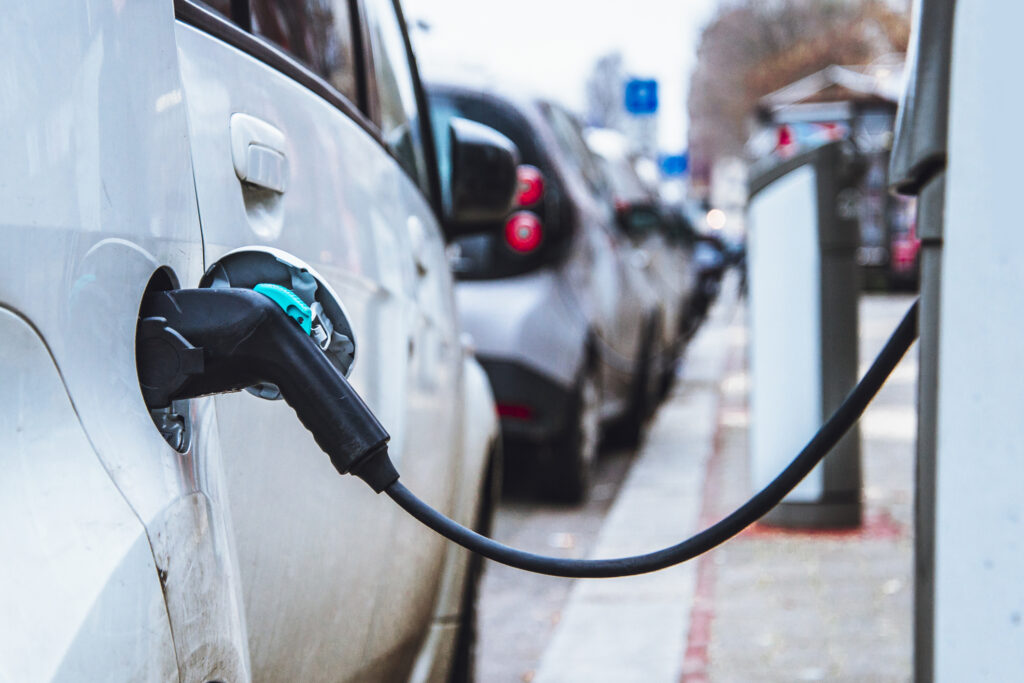The UK Government has reached a crucial milestone in the decarbonisation of its transportation fleet, with 25.5% of all its cars now regarded ultra-low emission vehicles (ULEV).
In achieving this milestone, the Government has confirmed it is well on its way in meeting its 2027 target of its entire fleet to be fully zero emissions, as required within the Department for Environment, Food and Rural Affairs’ Greening government commitments in 2021 to 2025 publication.
The 25.5% achievement comes three months ahead of schedule.
“As the UK moves towards a cleaner transport network, the government is doing its part, with over 25% of its central car fleet being battery-powered three months earlier than planned,” said technology and decarbonisation minister Jesse Norman.
“It’s critical that progress in decarbonising fleets is matched elsewhere. We will continue to forge ahead, to complete the switch by 2027 and help make the UK a world leader in decarbonisation.”
The sale of pure-electric cars have seen a steady rise in recent years and for the first time in history in the UK, December 2022 saw pure-electric cars outsell petrol vehicles, according to Zap-Map.
The mapping service confirmed that in December, 42,000 pure-electric vehicles had been sold topping the figure for petrol vehicle sales. Alongside this, customers showed an 89% satisfaction rating for pure-electric vehicles as opposed to the 71% satisfaction standard set for petrol and diesel.
The UK Government in particular has been supporting the growth of the EV sector in the UK. On 17 January, alongside Ofgem, the Government released the EV Smart Charging Action Plan, designed to unlock the “significant potential of smart charging and make it the preferred method of long duration charging by 2025.”
Smart charging offers a range of benefits to consumers such as using cheaper energy by charging during ‘off-peak’ periods, selling back to the grid or else powering their homes using electricity stored in their EVs.
The Government estimated that smart charging could save an average driver up to £200 a year and a high mileage driver as much as £1,000. To support the uptake of smarter charging, the Government this week confirmed that several smart charging projects would receive £16 million funding from the Net Zero Innovation Portfolio.





